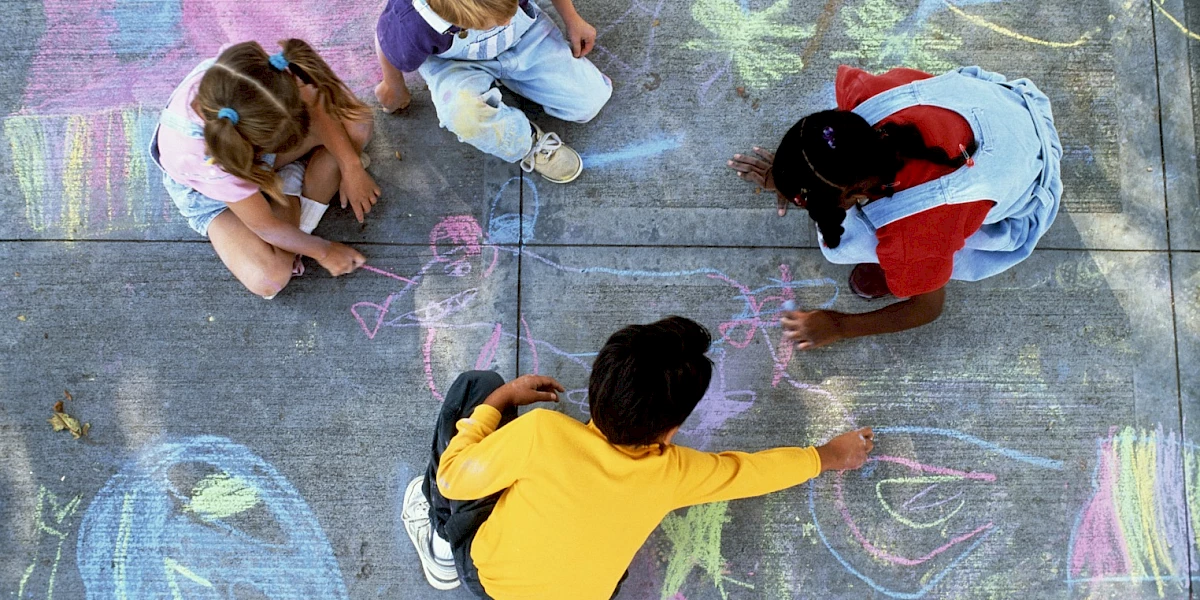Placebo effects in children
Research on placebo and nocebo effects is most often done in adults. However, we know that children may be extra sensitive to placebo and nocebo effects because of a higher suggestibility, a stronger ability to think magically, and because of placebo and nocebo effects ‘by proxy’ (through expectations of parents and healthcare providers). For example, think of the effectiveness of a parent's kiss on the hurt body part to reduce pain. Especially in medical settings, anxiety and pain are not always preventable and early negative medical experiences can have a large and lasting impact on the child and their families. We study how ethical placebo applications (e.g., communication, magic) in healthcare could optimize expectation management and improve child outcomes during and after medical procedures and hospital stays.
